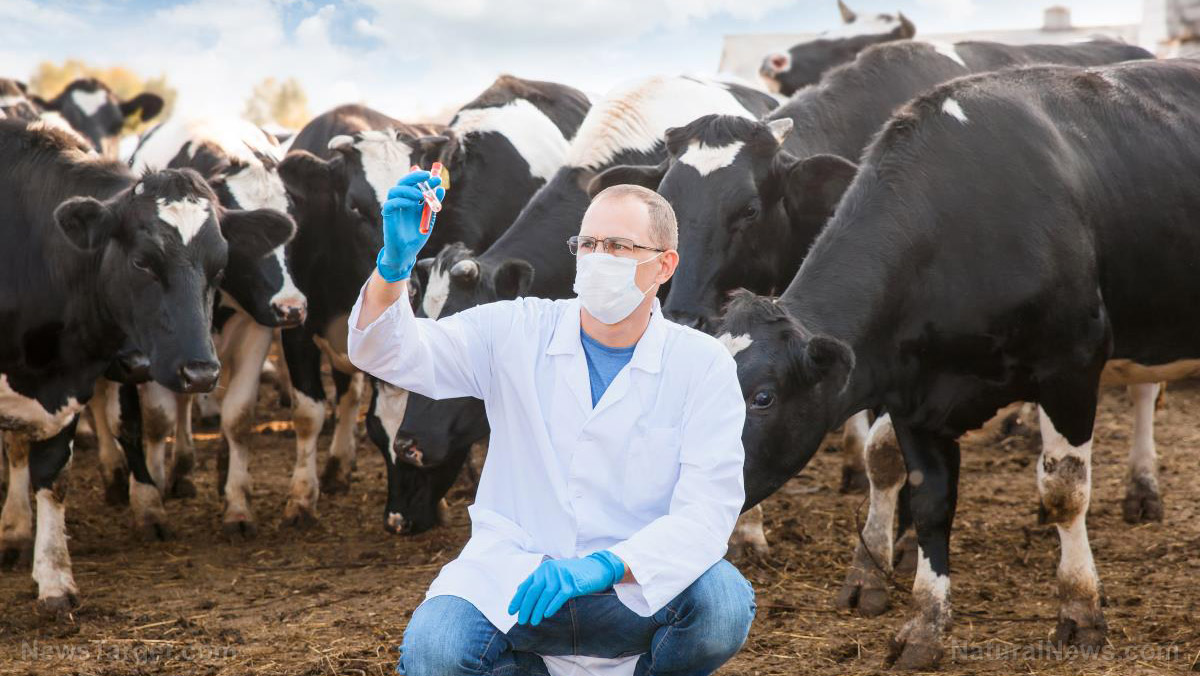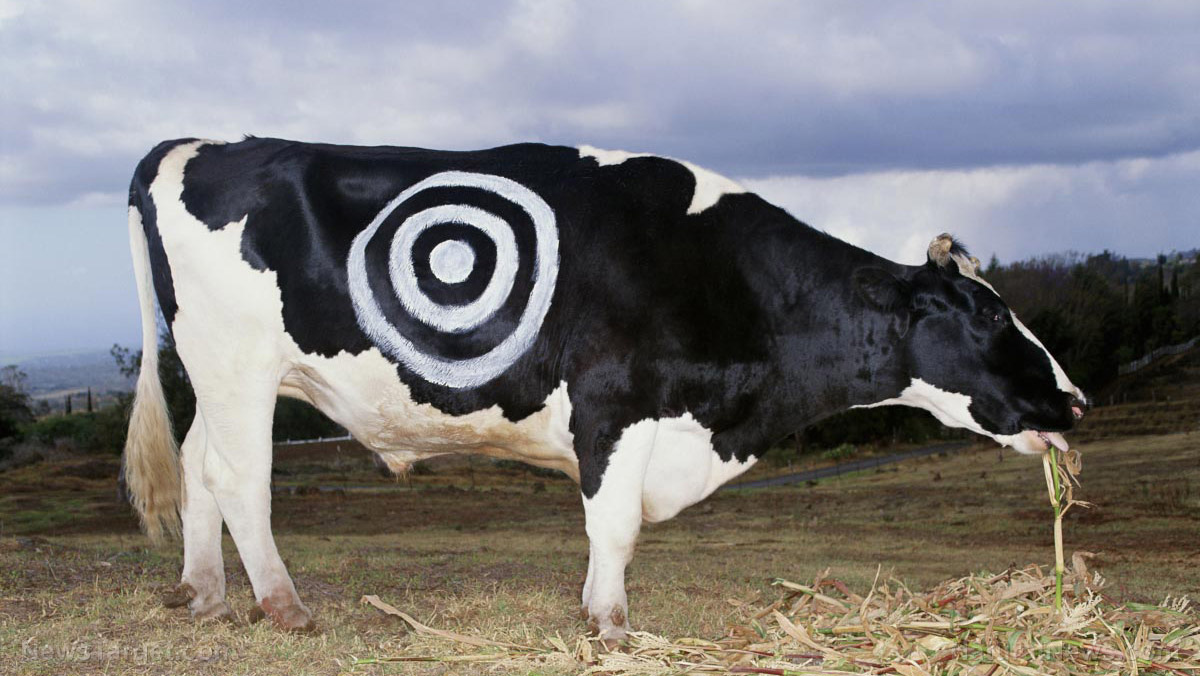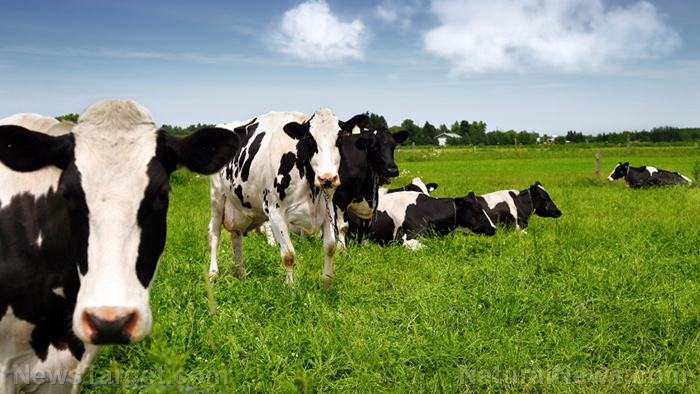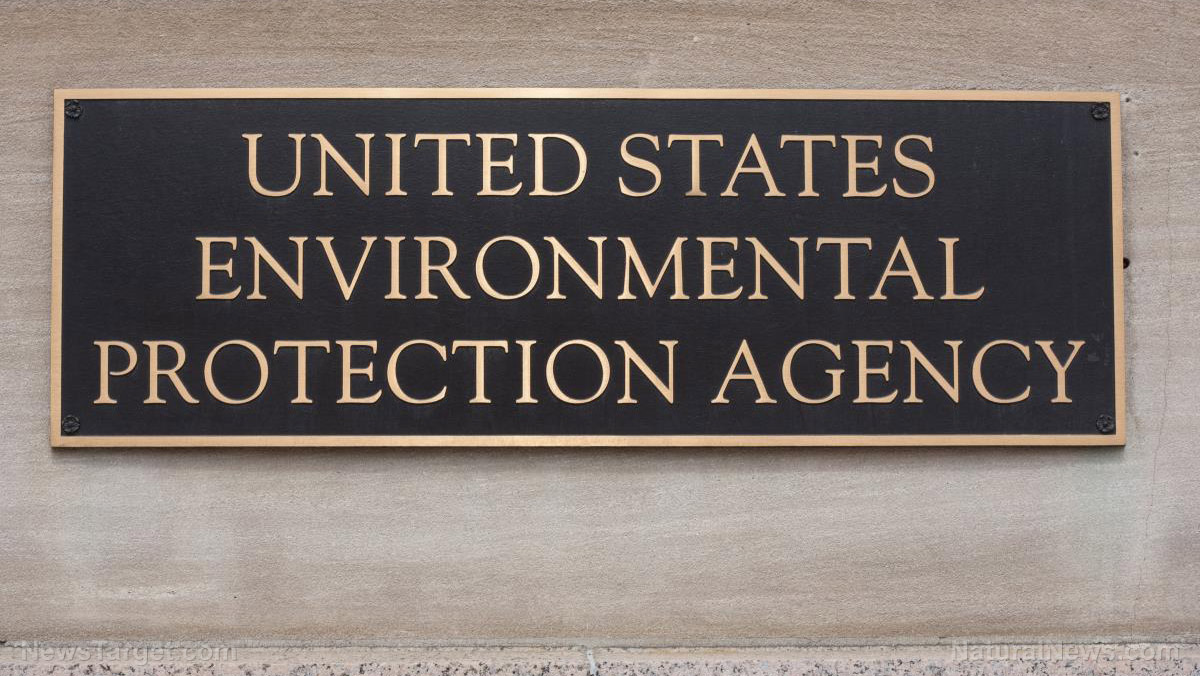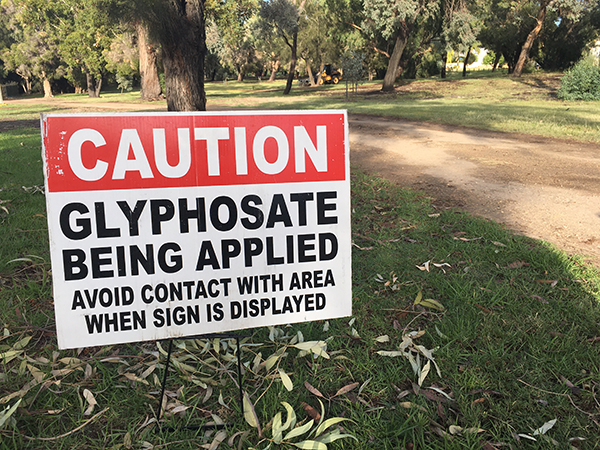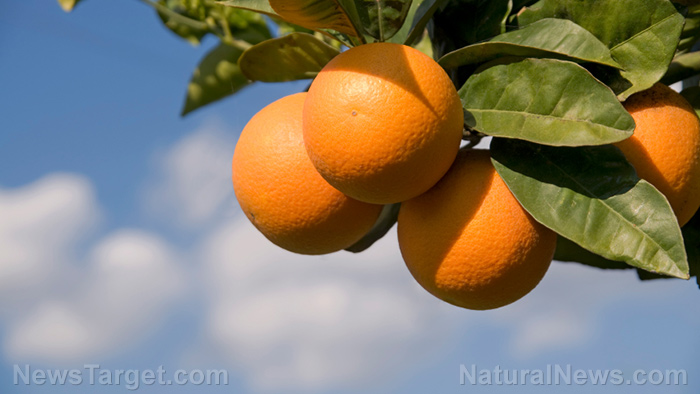EPA proposing increased use of pesticide that’s BANNED in the EU and is 10x MORE TOXIC than other pesticides
06/21/2024 / By Zoey Sky
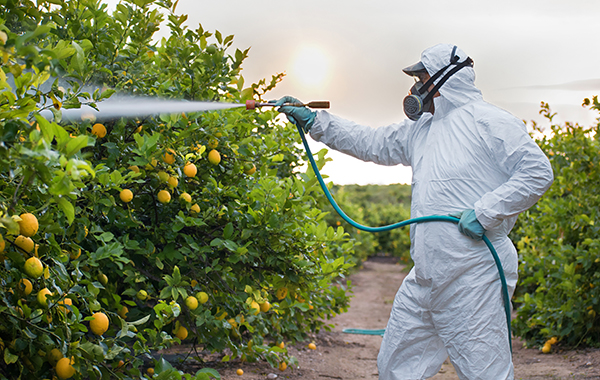
The Environmental Protection Agency (EPA) is proposing increased use of acephate, a pesticide that is believed to be 10 times more toxic than most other pesticides. This proposal is worrisome because the EU banned acephate decades ago, mainly due to its potential to harm human health and the environment.
Acephate has been linked to health issues such as autism and lower cognitive performance.
If the EPA’s proposal is approved, it will ease restrictions on the pesticide. Acephate is commonly used on crops such as brussels sprouts, celery, cranberries and tomatoes.
Several studies have also found that acephate posed significant risks of acute toxicity, developmental neurotoxicity and environmental persistence. As a result, the pesticide was prohibited under strict regulatory standards designed to protect public health and ecosystems.
A thin coating of acephate is usually applied on the exterior of fruits and vegetables. The pesticide poses significant risks to consumers because it belongs to a class of compounds that have been linked to negative side effects such as autism and hyperactivity.
Scientists have also warned that those who consume foods treated with acephate tend to perform worse on intelligence tests compared to their peers.
Some studies have also linked acephate to developmental issues in both children and lab rats. Researchers believe that these negative outcomes are due to acephate’s ability to disrupt the transmission of signals between nerve cells.
With these findings in mind, the EPA’s proposal to reduce restrictions on acephate contradicts its mission to protect public health and the environment. The move also raises valid concerns about the safety of the food that Americans consume. (Related: Consumer Reports reveals certain food items carry high risk of PESTICIDE contamination.)
Is acephate safe for human consumption?
The EPA’s proposal permits 10 times more acephate use on food than is currently allowed by federal limits. This proposal is driven by recent test results conducted on disembodied cells.
EPA representatives claimed that exposing cells to acephate revealed minimal or, in certain cases, no evidence that the pesticide is harmful. An agency spokesperson also said acephate generates a chemical that some believe compromises brain development after breaking down within the body.
The EPA designed new acephate tests with help from the Organization for Economic Cooperation and Development (OECD) to measure the impact of chemicals on the brain. However, the OECD has publicly acknowledged that the new tests are not reliable for finding out if a chemical alters the development of the human brain.
The EPA also allegedly talked to a panel of science advisors to determine the validity of the new testing methods. The panel concluded that the tests’ “inherent limitations do not accurately represent the mechanisms and processes that could compromise the development of the central nervous system.”
Scientists unanimously agree that toxicants, including the pesticide acephate, can potentially harm the development of children who are naturally sensitive to their environment and consumer products.
If the federal government were to consider these scientific findings, acephate would be banned. Instead, at least 12 million pounds of acephate are used on crops every year.
Visit Pesticides.news for more stories about how pesticides negatively affect human health.
Watch the video below to learn how pesticides and GM foods harm human health.
This video is from the oneninetyfivenationsrising channel on Brighteon.com.
More related stories:
Latest EWG consumer’s guide reveals 2024’s DIRTY DOZEN and CLEAN FIFTEEN.
Big Ag pollution tied to pediatric cancers and birth defects.
Study: Global decline in male fertility linked to common pesticides.
New study: Exposure to PESTICIDES linked to METABOLIC DISORDERS like diabetes and obesity.
Sources include:
Submit a correction >>
Tagged Under:
acephate, agriculture, autism causes, big government, brain damaged, brain health, dangerous, ecology, environment, EPA, EU, European Union, health science, insanity, organic farming, poison, toxic chemicals, toxins, traitors
This article may contain statements that reflect the opinion of the author
RECENT NEWS & ARTICLES
WorldAgriculture.News is a fact-based public education website published by WorldAgriculture News Features, LLC.
All content copyright © 2022 by WorldAgriculture News Features, LLC.
Contact Us with Tips or Corrections
All trademarks, registered trademarks and servicemarks mentioned on this site are the property of their respective owners.





